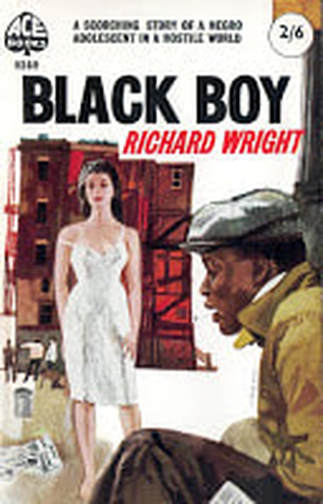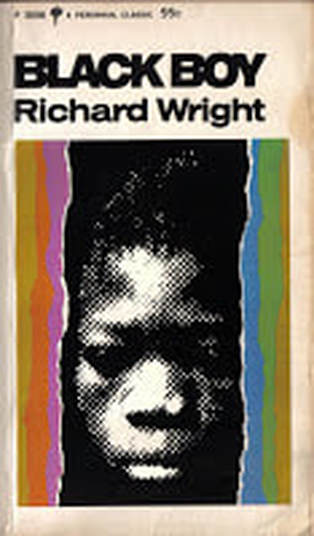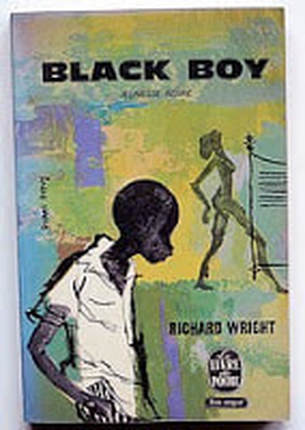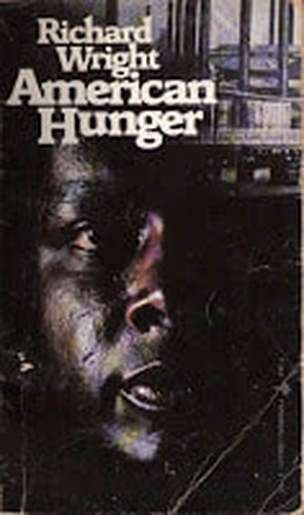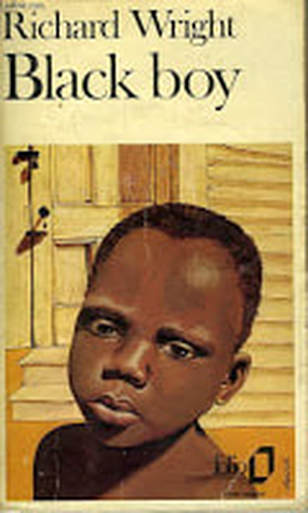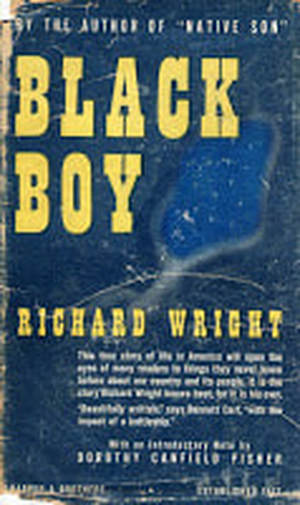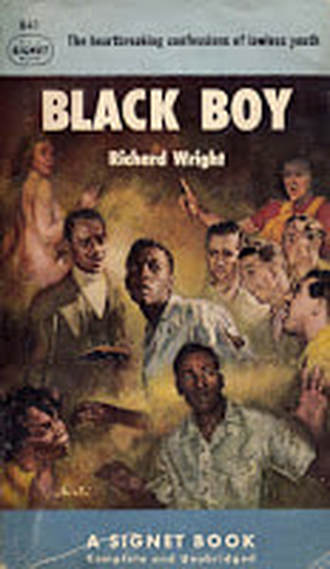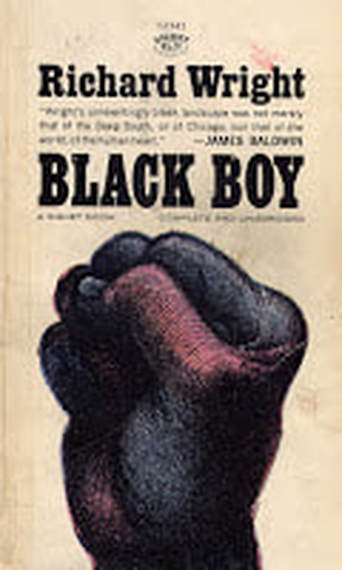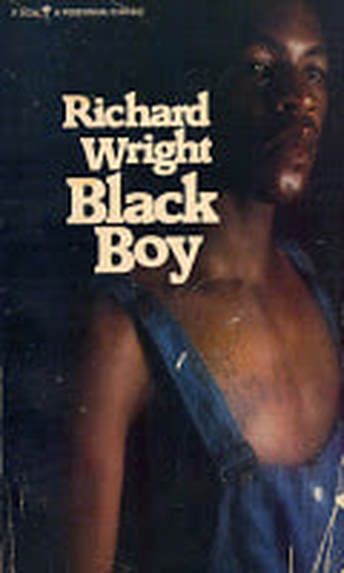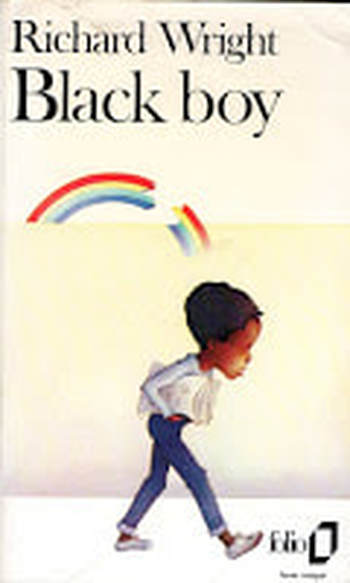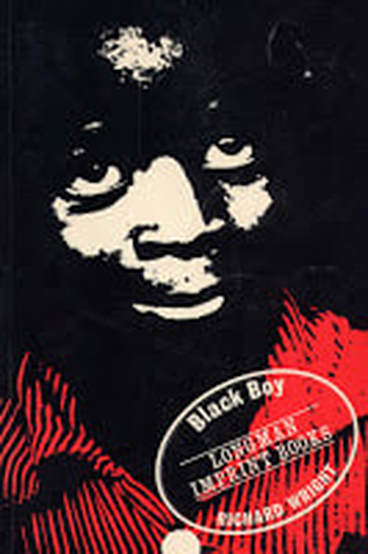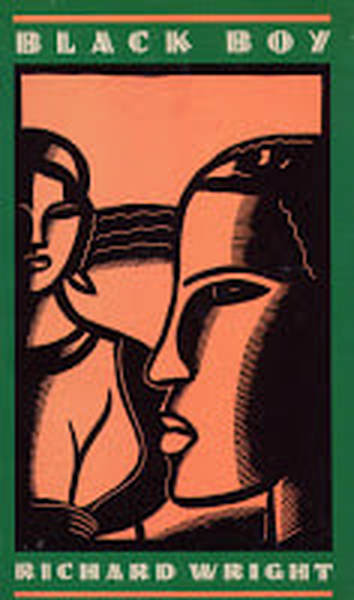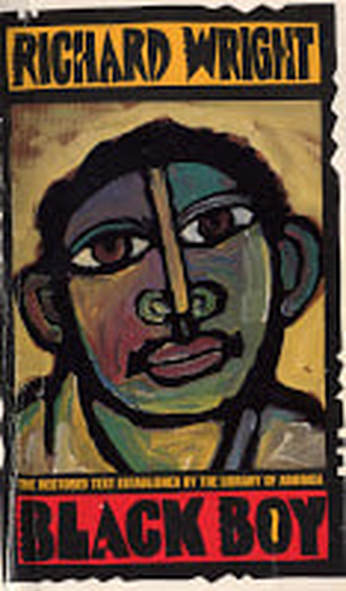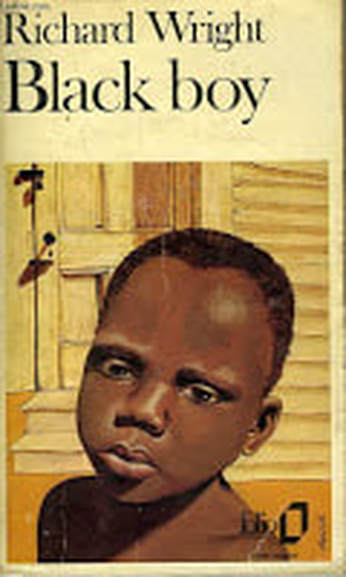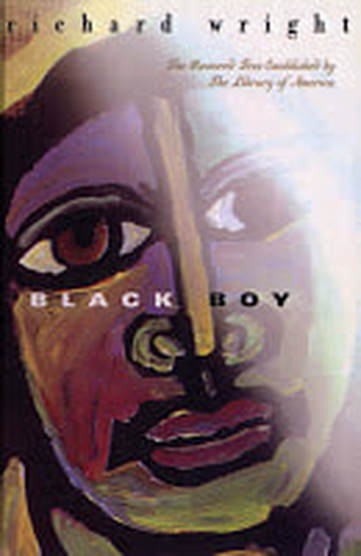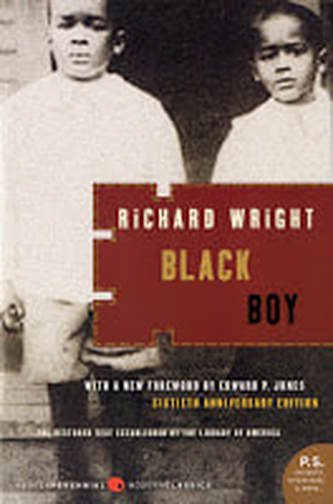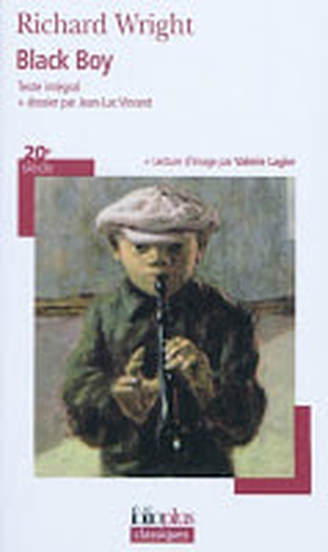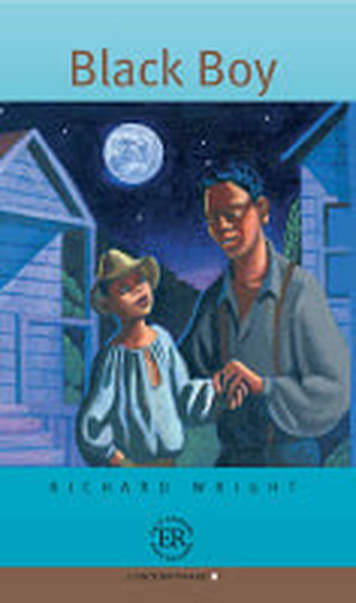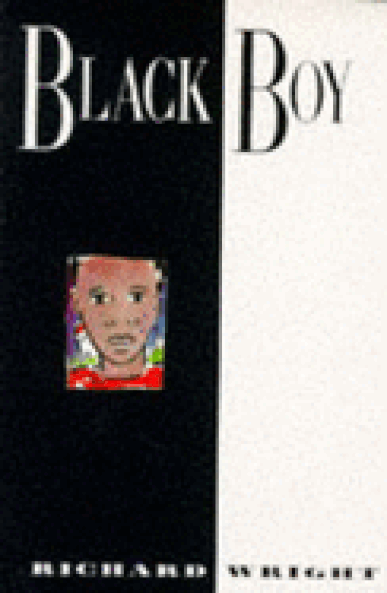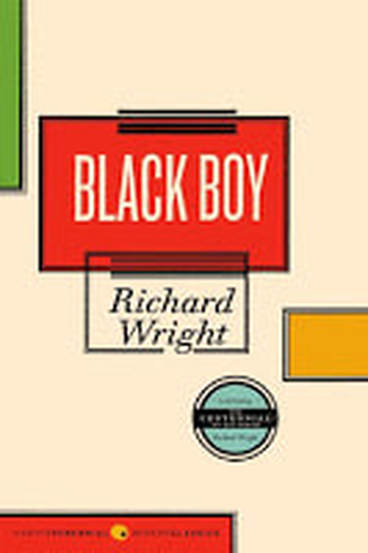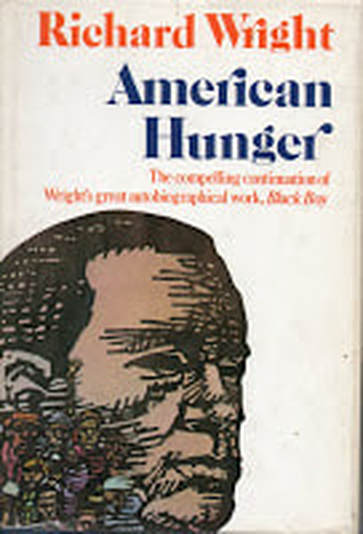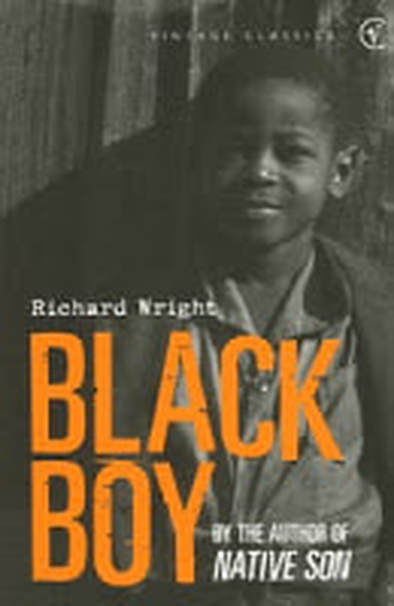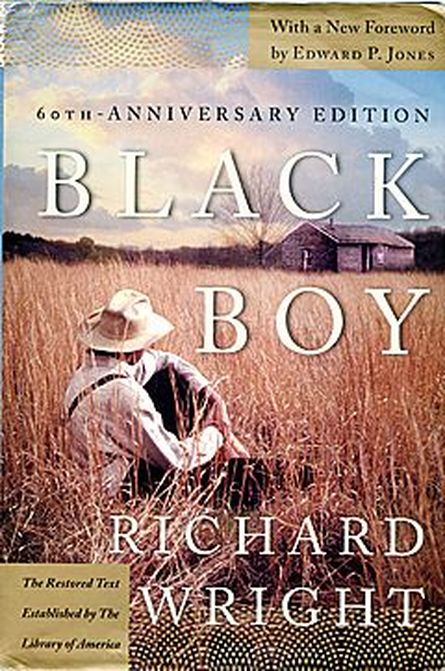Black Boy (American Hunger)
Important Quotations Explained
1.
At the age of twelve, before I had had one full year of formal schooling, I had . . . a conviction that the meaning of living came only when one was struggling to wring a meaning out of meaningless suffering. At the age of twelve I had an attitude toward life that was to . . . make me skeptical of everything while seeking everything, tolerant of all and yet critical . . . that could only keep alive in me that enthralling sense of wonder and awe in the face of the drama of human feeling which is hidden by the external drama of life.
These passages follow Ella’s second paralytic stroke at the end of Chapter 3. Wright illustrates many of his major ideas and beliefs here. Principal among these is his all-important conviction that life becomes meaningful only when we struggle to make it so. This perspective gives no intrinsic significance to life, but asserts that we can be noble when we try to make life significant in our own way. This point of view recalls the thinking of existentialist philosophers such as Jean-Paul Sartre, whom Wright later read and admired. In this passage Wright also emphasizes the paradoxical nature of his character: he is tolerant yet critical, skeptical yet seeking, timid yet headstrong, and modest yet blindingly intelligent.
2.
I concluded the book with the conviction that I had somehow overlooked something terribly important in life. I had once tried to write, had once reveled in feeling, had let my crude imagination roam, but the impulse to dream had been slowly beaten out of me by experience. Now it surged up again and I hungered for books, new ways of looking and seeing.
This passage appears near the beginning of Chapter 13, immediately after Richard reads H. L. Mencken’s A Book of Prefaces. This reading of Mencken serves as a fiery baptism for Richard—it reminds him that he has an imagination, and that his imagination is hungry. In this sense, it marks an instance of the blurring between Richard’s desire to eat and his desire to read. This is something of a turning point in the novel: before this point, it is unclear where Richard is going in his life. Once or twice he mentions a fleeting desire to write, but by the time he arrives in Memphis it seems that his interest in reading and writing has been thoroughly extinguished. After this point, as Richard becomes more and more dedicated to the written word, his life achieves a more definite focus. As such, this point in Chapter 13could be called the climax of the novel.
3.
Our too-young and too-new America . . . insists upon seeing the world in terms of good and bad, the holy and the evil, the high and the low, the white and the black. . . . It hugs the easy way of damning those whom it cannot understand, of excluding those who look different, and it salves its conscience with a self-draped cloak of righteousness. Am I damning my native land? No; for I, too, share these faults of character!
This passage appears in the middle of Chapter 15, as Richard sketches some of the faults he finds in America. His greatest complaint is that his country is superficial and self-deceptive, qualities that result in intolerance and exclusion. When Richard admits that he shares “these faults of character,” however, he compares America to a person like himself, growing up and working through the growing pains of adolescence. Indeed, Wright refers to the “too-young” America, and immediately after this passage calls America “adolescent and cocksure.” Richard discerns these traits in America because he knows what it is like to be cocksure and adolescent himself. In his view, the problem of racism does not lie entirely in such private places as peoples’ minds. Rather, it is a function of problems deeply embedded in American culture that will take time to change.
4.
My life as a Negro in America had led me to feel . . . that the problem of human unity was more important than bread, more important than physical living itself; for I felt that without a common bond uniting men . . . there could be no living worthy of being called human.
This passage, from the beginning of Chapter 18, appears just after Richard returns from his first meeting with the John Reed Club. Richard muses that, judging from his experience, the fundamental problem of social existence is a lack of “human unity,” not the need for physical food for individual survival. To Richard, Communism, with its focus on the masses, the unity of oppressed peoples, and equality across all lines of race and gender, appears dedicated to solving precisely this problem. Richard feels a spiritual connection with Communism and feels almost as if it has brought him a spiritual awakening.
5.
I would make his life more intelligible to others than it was to himself. I would reclaim his disordered days and cast them into a form that people could grasp, see, understand, and accept.
These lines, which occur near the beginning of Chapter 19, describe Richard’s motivation for his biographical sketch of Ross, the black Communist. Richard regards life in general as a fundamentally meaningless swirl of pain and suffering. To him, the most exciting experiences in life are attempts to create from this chaos something with form and order—in his case, writing, ideas, and art. But Richard is not a vain intellectual, and does not want to sit at home and read books for his private pleasure while the world suffers. Rather, as we see in his attraction to the ideals of Communism, he is profoundly concerned with the fates of other people. Richard’s faith in creative art and his concern for the public good come together in this passage. He wants to reclaim and reinterpret his “disordered days” not just for the private joy of creation, but also so that other people can understand and accept what he creates. Moreover, this passage outlines the outcomes Richard believes biographical writing can accomplish, offering insight into what Wright hoped to accomplish with the writing of Black Boy: to reorder his own past and come to understand himself, not merely for his own sake, but for our sake as well.
Below link...A sample website for students to model for their school website.
https://rwwengl396.wordpress.com/
https://rwwengl396.wordpress.com/
Click to set custom HTML
